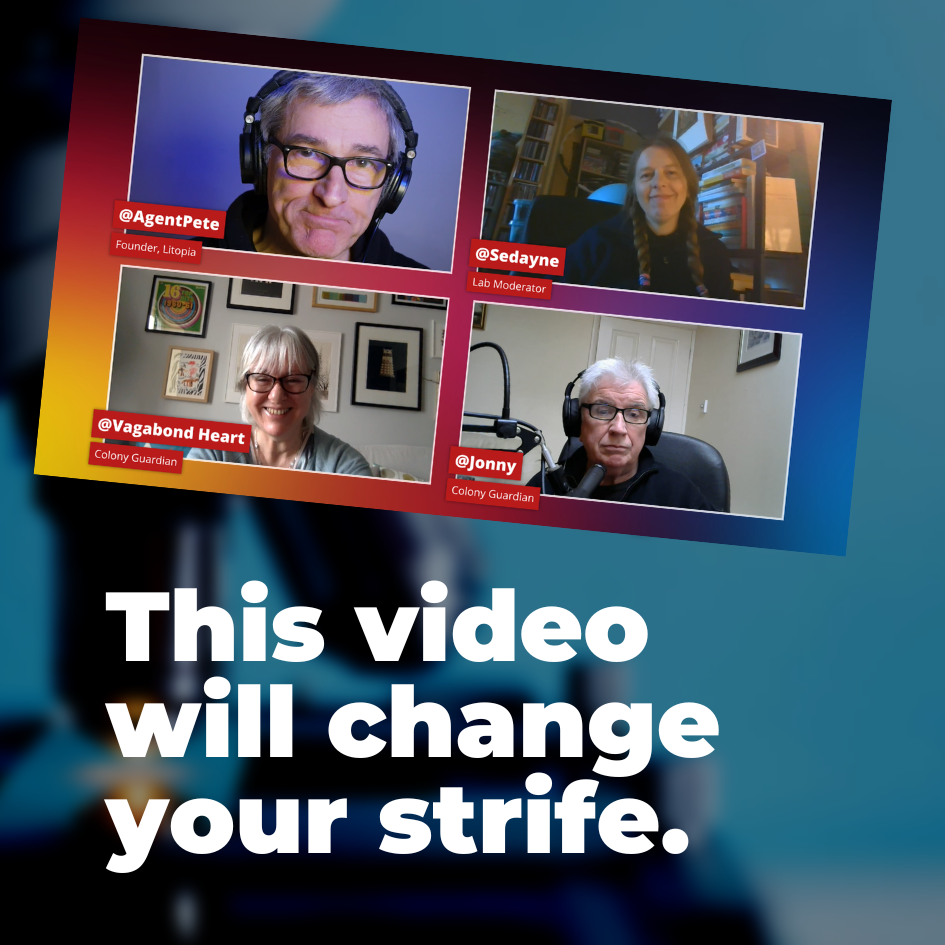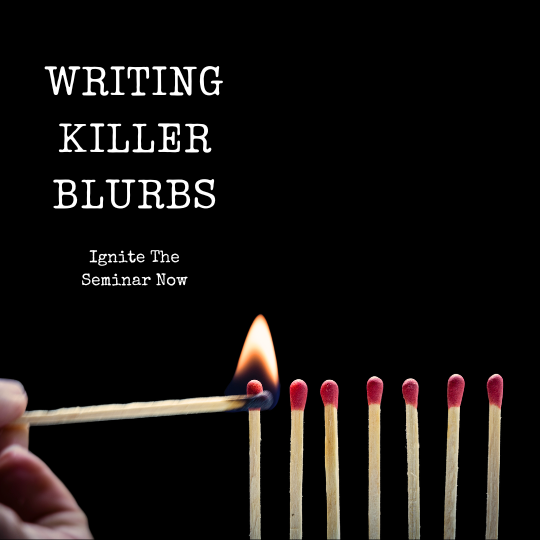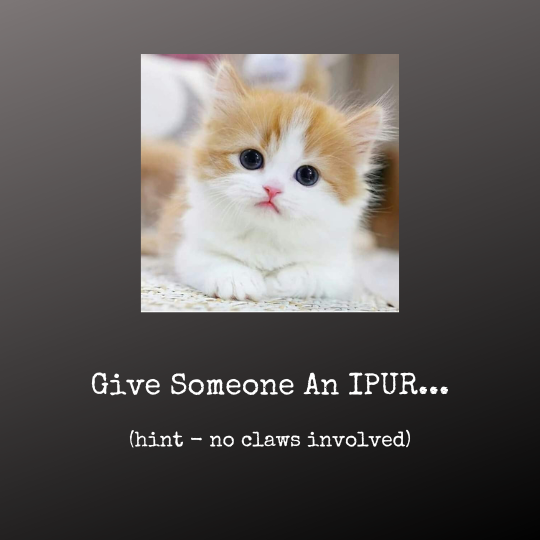- Feb 3, 2024
- LitBits
- 0
New blog post by Claire G – discussions in this thread, please
---
Well, it sort of is…
I’ve been fascinated by dystopian fiction for many years – any story which explores a dramatic change in the way of life for a society, if not humanity (which can of course cross into the post-apocalyptic sub-genre). But it’s not just the ‘big picture’ of these novels which intrigues me, it’s the stories of the individuals and how they adapt to and hopefully overcome the challenges faced.
Recommended Reading
There are too many great examples to list here, but some books which have stuck with me are outlined below:
Writing
I’d love to write a great dystopian novel one day, but I’ve yet to be struck by an idea which grabs me, and to which I think I can do justice. However, I’ve been ruminating on what makes these stories so appealing, and how the best examples engage the reader from the very first page.
This genre automatically provides the writer with an intriguing and imaginative setting (whether in terms of time, place or both) – a captivating and often mind-blowing world to explore. The stakes are high from the off (the characters’ desperate need to survive, to protect their lineage and often their way of life before it is too late). Characters face problems, dilemmas and conflict organically, because of the very nature of the world they now live in and the clashes that they face with other, less scrupulous survivors. Situations don’t need to be forced or engineered to create tension – it already exists by default due to the context of the story.
So why are they so hard to write? I think it comes down to originality of ideas, the innovation necessary to build a world encompassing the many nuances of a survival story. I’d also mention the issue of plausibility; yes, reading fiction requires a suspension of disbelief, but people need to be disturbed by the realisation that ‘this could really happen if the right set of circumstances arose’ and be able to question themselves (‘What would I do in this situation?’ And ‘Can I relate to the characters and the decisions that they make?’).
Experience
My only experience is as a reader, though I did once write a historical fantasy novel which included famine, war, pestilence and natural disaster (I know, total overkill!). If I ever get that one idea which thrills and excites me, I’ll attempt it, but I’d have concerns about my ability to execute it. Will I portray the world well enough? Will my characters be stereotypes, or will they be believable and three-dimensional? How do I strike the balance between the sense of horror and the crushing heartbreak that I’d want the reader to feel?
I’ll finish by saying that I believe the authors of great dystopian fiction to be true geniuses. To be able to create such mind-expanding worlds and scenarios, to be able to think on an often epic scale, to explore a scope of possibilities that many of us couldn’t even begin to imagine, let alone write about…wow, just wow. I can only aspire to such dizzy heights. But if you don’t try, you’ll never find out what you’re capable of. Who knows, I might surprise myself one of these days!
Final Thoughts
Do you enjoy reading or writing dystopian fiction? Why/why not?
Would you add any examples to my list of recommended reads? What do you love about them?
---
By @Claire G
Get the discussion going – post your thoughts & comments in the thread below…
---
Well, it sort of is…
I’ve been fascinated by dystopian fiction for many years – any story which explores a dramatic change in the way of life for a society, if not humanity (which can of course cross into the post-apocalyptic sub-genre). But it’s not just the ‘big picture’ of these novels which intrigues me, it’s the stories of the individuals and how they adapt to and hopefully overcome the challenges faced.
Recommended Reading
There are too many great examples to list here, but some books which have stuck with me are outlined below:
- Children of the Dust by Louise Lawrence (YA, post-nuclear war, family survival, mutation) – my teenage introduction to this type of fiction and boy was I hooked! I was fascinated by the way the old and the new worlds, i.e. generations, collide.
- A Gift Upon the Shore by M.K. Wren (two women survive pandemic, the collapse of civilisation and a nuclear winter) – this explores the importance of protecting books and the skill of reading, as well as how a religious society might respond to the need to continue their lineage.
- The Postman by David Brin (the power of a lie in the aftermath of a devastating war) – a wanderer borrows the jacket of a long-dead postal worker. The uniform becomes far more than a protection against the unrelenting cold. To the survivors, it’s a reminder of how things were before the world collapsed – and a symbol of hope.
- Brave New World by Aldous Huxley (a classic novel depicting a futuristic society where human beings are created in labs and conditioned to fulfil the roles of pre-determined classes) – I love that we are given the perspective of an outsider in the character, John ‘The Savage’, and the horror when characters from two very different societies – one ‘natural’ and one a supposed technological utopia – collide.
- 1984 by George Orwell (totalitarianism, mass surveillance and repressive regimentation) – from Big Brother to The Ministry of Truth (which is anything but) to Room 101, this is a classic look at the devastating control exerted by an authoritarian state.
- The Handmaid’s Tale by Margaret Atwood (a powerful and frightening depiction of the consequences of a fundamentalist Christian takeover of America) – Offred is a Handmaid in the Republic of Gilead. She may leave the home of the Commander, Fred, and his wife once a day to walk to food markets whose signs are now pictures instead of words because women are no longer allowed to read. She must lie on her back once a month and pray that the Commander makes her pregnant, because in an age of declining births, Offred and the other Handmaids are valued only if their ovaries are viable.
- Wool by Hugh Howey (and some great fan fiction!) – survivors live in an underground silo, where to express curiosity about the outside leads to certain death…or does it?
- Without going on and on(!), I’d also give honourable mentions to On the Beach by Nevil Shute, Flood by Stephen Baxter, The Day of the Triffids by John Wyndham, The Hunger Games by Suzanne Collins, Divergent by Veronica Roth and The Pharmacist by Rachelle Atalla.
Writing
I’d love to write a great dystopian novel one day, but I’ve yet to be struck by an idea which grabs me, and to which I think I can do justice. However, I’ve been ruminating on what makes these stories so appealing, and how the best examples engage the reader from the very first page.
This genre automatically provides the writer with an intriguing and imaginative setting (whether in terms of time, place or both) – a captivating and often mind-blowing world to explore. The stakes are high from the off (the characters’ desperate need to survive, to protect their lineage and often their way of life before it is too late). Characters face problems, dilemmas and conflict organically, because of the very nature of the world they now live in and the clashes that they face with other, less scrupulous survivors. Situations don’t need to be forced or engineered to create tension – it already exists by default due to the context of the story.
So why are they so hard to write? I think it comes down to originality of ideas, the innovation necessary to build a world encompassing the many nuances of a survival story. I’d also mention the issue of plausibility; yes, reading fiction requires a suspension of disbelief, but people need to be disturbed by the realisation that ‘this could really happen if the right set of circumstances arose’ and be able to question themselves (‘What would I do in this situation?’ And ‘Can I relate to the characters and the decisions that they make?’).
Experience
My only experience is as a reader, though I did once write a historical fantasy novel which included famine, war, pestilence and natural disaster (I know, total overkill!). If I ever get that one idea which thrills and excites me, I’ll attempt it, but I’d have concerns about my ability to execute it. Will I portray the world well enough? Will my characters be stereotypes, or will they be believable and three-dimensional? How do I strike the balance between the sense of horror and the crushing heartbreak that I’d want the reader to feel?
I’ll finish by saying that I believe the authors of great dystopian fiction to be true geniuses. To be able to create such mind-expanding worlds and scenarios, to be able to think on an often epic scale, to explore a scope of possibilities that many of us couldn’t even begin to imagine, let alone write about…wow, just wow. I can only aspire to such dizzy heights. But if you don’t try, you’ll never find out what you’re capable of. Who knows, I might surprise myself one of these days!
Final Thoughts
Do you enjoy reading or writing dystopian fiction? Why/why not?
Would you add any examples to my list of recommended reads? What do you love about them?
---
By @Claire G
Get the discussion going – post your thoughts & comments in the thread below…



